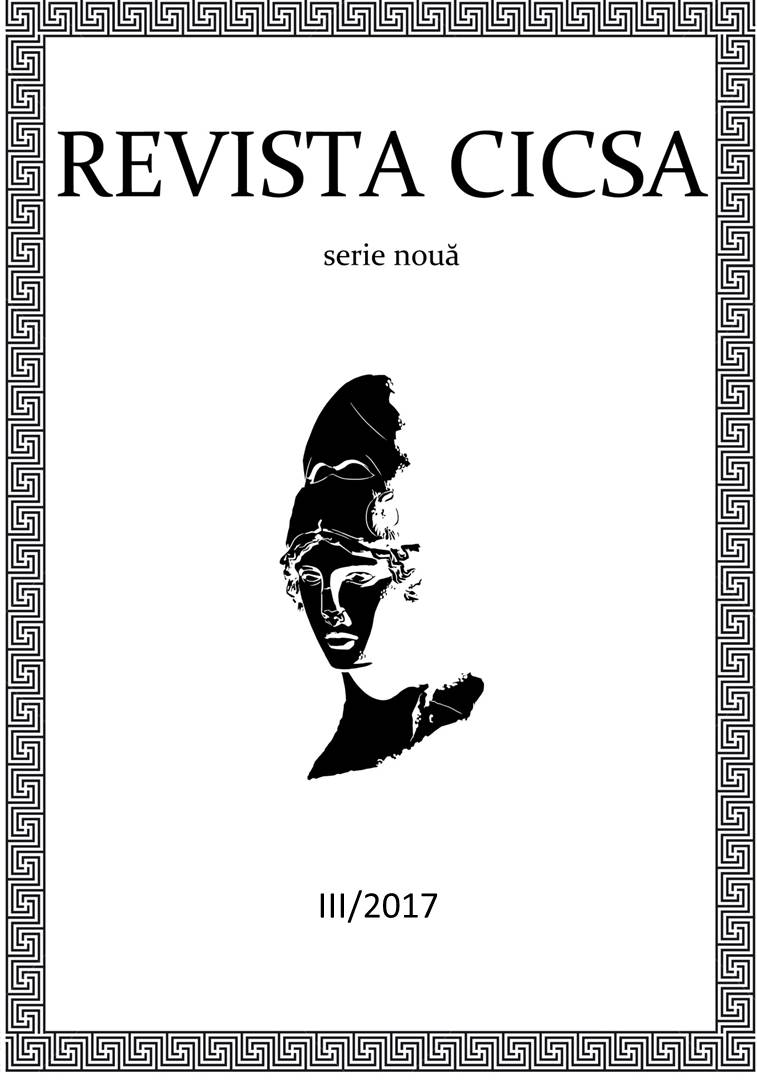What We Have Learned in Two Decades of Theories About the Historical Origins of Romanian Corruption
What We Have Learned in Two Decades of Theories About the Historical Origins of Romanian Corruption
Author(s): Andreea-Roxana GușăSubject(s): Transformation Period (1990 - 2010), Present Times (2010 - today)
Published by: Centrul de Istorie Comparată a Societăților Antice
Keywords: Corruption; Transition; Communism; Balkanism; Orientalism;
Summary/Abstract: After 1989, corruption has become a matter of importance in Romanian society and many theories and analyses on the specificity of the phenomenon emerged. Among them, some tried to explain the causes of Romanian corruption and usually reached a fatalistic conclusion. My article focuses on the theories of historical origins of Romanian corruption. The first is the transition period from communism to democracy, which first brought societal anomy and the arbitrary or discretionary redistribution of power and resources. This state of affairs revealed older corrupt practices, but also encouraged more subversive corruption configurations. Another theory refers to the communist practices and values. I make an observation on the contradictory nature of corruption in this era: Corruption had a negative effect on the communist state, but it led to the achievement of ambitious results through the informal network. There is also a question I ask: is it possible for corruption to be legitimate when the government becomes illegitimate? The last theory on the origin of Romanian corruption is the experience of Balkanism and Orientalism and I try to discuss the scientific fairness in analysing corruption by referring to a historical moment that does not recognize it as such.
Journal: Revista CICSA online, Serie Nouă
- Issue Year: 2017
- Issue No: III
- Page Range: 77-88
- Page Count: 12
- Language: English

